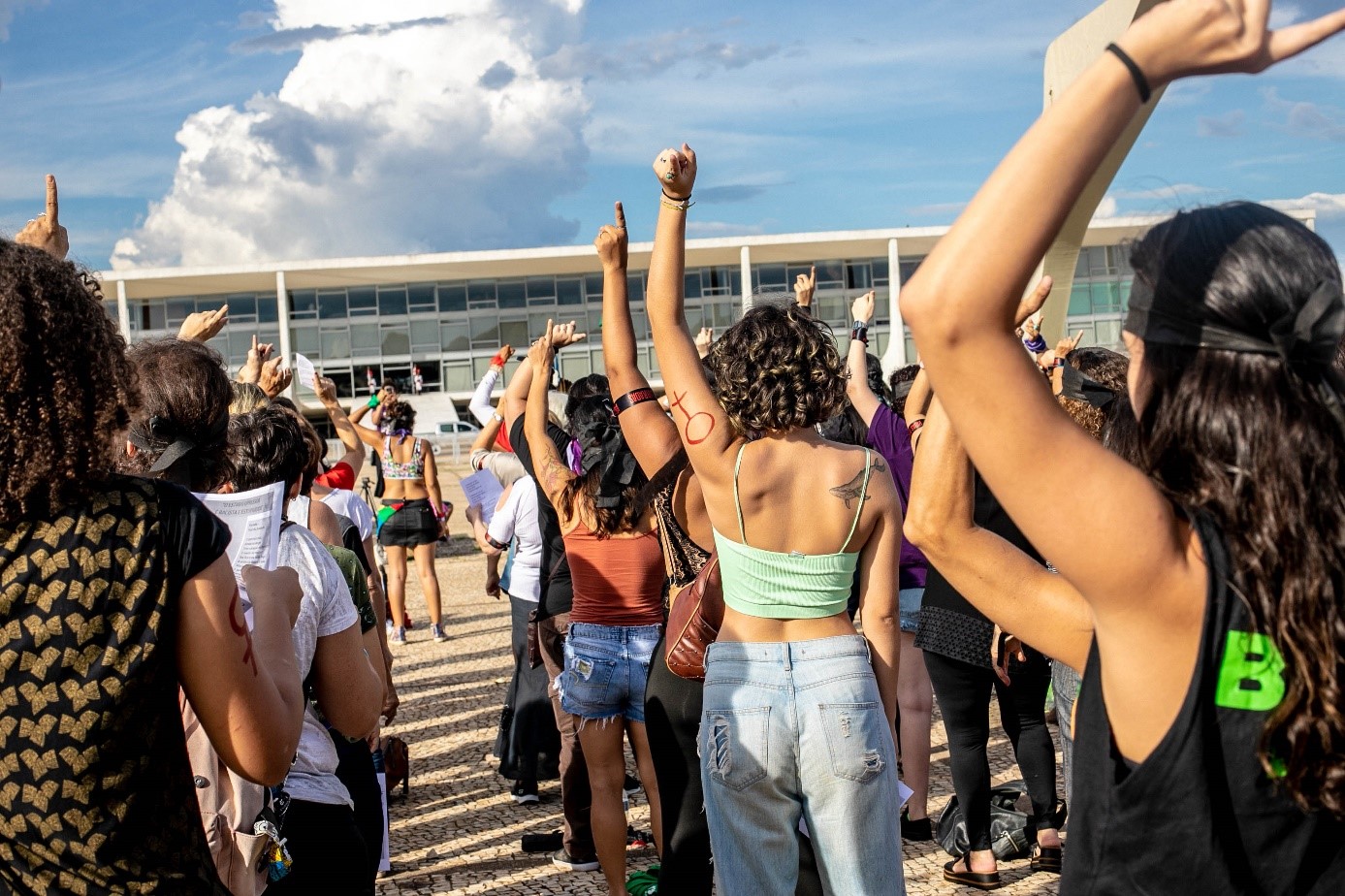
Module content
- Examine Germany’s history of colonialism and migration and its influence on contemporary society and politics.
- Learn about feminist and decolonial struggles in different geographical contexts and the transnational connections between them.
- Learn how gendered dynamics, relations and representations have significantly shaped and structured the projects of German and European enslavement, colonization and empire.
- Discuss current expressions of right-wing extremism on a local and global scale from an intersectional perspective.
- Work with original texts such as Orientalism (1978) by Edward Said and discuss the use of Orientalism in Anti-Muslim Racism in contemporary discourses.
- Develop an interdisciplinary theoretical framework to investigate the relationship between decolonisation, feminism and cultural politics; investigating arts and culture with a feminist and decolonial framework; engaging and discussing with local museum workers in Frankfurt.
The political debate about the restitution of objects removed from the colonies and exhibited in European museums is in full swing. Decolonising knowledges, cultures and policies, socialities and practices, decolonizing power relations in general are an urgent concern of global justice. Feminisms around the world emphasize that these are crucial political and epistemic questions. A critical reflection upon processes of ‘othering’ and disappropriation seeks to understand how coloniality is embedded in political and social structures and how experiences and perceptions of modernity are shaped by colonial heredities. Raising awareness for exclusionary practices includes self-reflection within emancipatory movements. Bearing this in mind decolonial feminist theory analyses unequal, intersecting power relations and brings forward solidarities and policies to overcome these inequalities.
- Trainer/in: Maisha Auma
- Trainer/in: Josef Barla
- Trainer/in: Denise Bergold-Caldwell
- Trainer/in: Isadora Campregher Paiva
- Trainer/in: Vicky Kluzik
- Trainer/in: Helma Lutz
- Trainer/in: Kristin Neufeld
- Trainer/in: Selamawit S1578085
- Trainer/in: Marianne Schmidbaur
- Trainer/in: David Schneider
- Trainer/in: Lucas Schucht
- Trainer/in: Denise Siemer
- Trainer/in: Raphael Skibka
- Trainer/in: Patrick Stärke
